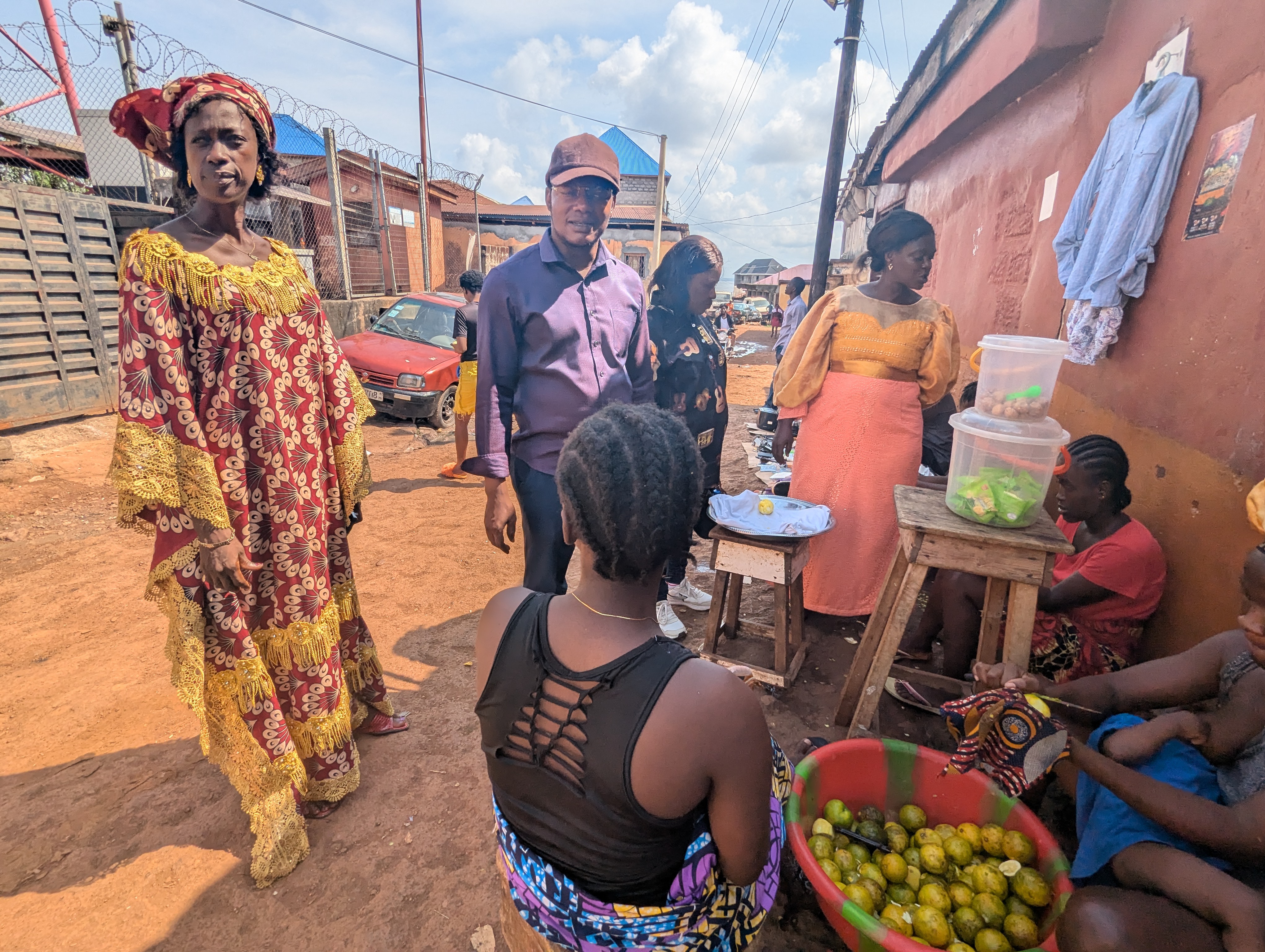International IDEA attended the meeting of the Intergovernmental Working Group on the Prevention of Corruption in Vienna on 5-7 September 2018. This Working Group is a subsidiary body of the Conference of the States Parties to the United Nations Convention against Corruption (UNCAC).
Búsqueda
Region
Country
Type
Cerrando el ciclo electoral de 2018, Brasil irá a las urnas el primer domingo de octubre (07/10) para elegir al próximo Presidente del país, juntamente con la renovación total de la Cámara de los Diputados, dos tercios del Senado Federal, Diputados Estaduales y Gobernadores. A continuación se presenta un resumen del proceso electoral brasileño.
Closing the election cycle of 2018, Brazil will go to the polls on the first Sunday of October (07/10) to choose the next President of the country, together with the total renovation of the Chamber of Deputies, two thirds of the Federal Senate, State Deputies and Governors. Below is a summary of the Brazilian electoral process.
This Constitution Brief introduces the concept of self-determination and its evolution over time, and provides a survey of different approaches to self-determination from comparative constitutional practice.
The MyConstitution project works towards a home-grown and well-informed constitutional culture as an integral part of democratic transition and sustainable peace in Myanmar.
The International Institute for Democracy and Electoral Assistance (International IDEA) and the Open Government Partnership (OGP) signed a memorandum of understanding to work closely together in supporting public and private institutions in the areas of political finance, citizen engagement and gender.
The general election on 9 September 2018 in Sweden will mark a decisive moment in the country’s polling history. Beyond the political implications, the country’s electoral process is facing an important litmus test for the quality of Sweden’s democracy.
Back in July 2015, the International Institute for Democracy and Electoral Assistance (International IDEA) and the Fijian Elections Office (FEO) signed a Memorandum of Understanding (MoU), which happened to be the FEO’s first since its creation in early 2014. The MoU was deemed necessary to form a basis for cooperation between the two institutions to enhance the evolvement of electoral practices in Fiji.
A delegation of 15 young Zimbabwean leaders visited International IDEA’s Stockholm headquarters on 20 August to discuss the state of Zimbabwean democracy, the recent elections and the prospects for Zimbabwe’s youth in the future.
Electoral justice is crucial to ensuring the success, fairness and credibility of the electoral process, which is the bedrock for a robust and legitimate democratic system.
On 2–3 May 2018, the Indonesian Election Supervisory Board (Bawaslu) and International IDEA hosted a Pilot Conference with key stakeholders to gather input to the drafting and prospective implementation of the draft Electoral Justice System Assessment Guide.
The choice of electoral system is one of the most important institutional decisions for any democracy.
In almost all cases the choice of a particular electoral system has a profound effect on the future political life of the country concerned, and electoral systems, once chosen, often remain fairly constant as political interests solidify around and respond to the incentives presented by them.
There is an intricate relationship between well-conducted, democratic elections and a fluid and positive communication between electoral management bodies (EMBs) and the media. During elections, the EMB relies on the media to provide election news to the public, to conduct voter education and to provide access to electoral contestants to communicate their programmatic platforms.
To further discuss the establishment of a gender electoral network in the Arab region, the Organization of Arab Electoral Management Bodies (Arab EMBs), the UNDP and the International Institute for Democracy and Electoral Assistance (International IDEA) agreed last July to hold a meeting in August 2018.
The Office of the International Institute for Democracy and Electoral Assistance (International IDEA) to the European Union, the European Partnership for Democracy (EPD), and the European Network of Political Foundations (ENoP) welcome the publishing by the European Commission of its detailed proposal for establishing the 'Neighbourhood, Development and International Cooperation Instrument (NDICI)' of the next EU budget, which covers the majority of spending beyond EU borders
At present, 151 countries out of 216 countries included in the International IDEA Voting from Abroad database have in place a legal framework for Out-of-Country Voting (OCV), while the remaining 65 countries have no system in place for citizens traveling or living abroad to cast their vote in elections.
Understanding and explaining outbreaks of election-related violence is a complex task; predicting whether forthcoming elections will turn violent, which factors may underlie or trigger violence, and what can be done to prevent violence is even more difficult.
Understanding and explaining outbreaks of election-related violence is a complex task; predicting whether forthcoming elections will turn violent, which factors may underlie or trigger violence, and what can be done to prevent violence is even more difficult.
Understanding and explaining outbreaks of election-related violence is a complex task; predicting whether forthcoming elections will turn violent, which factors may underlie or trigger violence, and what can be done to prevent violence is even more difficult.
Understanding and explaining outbreaks of election-related violence is a complex task; predicting whether forthcoming elections will turn violent, which factors may underlie or trigger violence, and what can be done to prevent violence is even more difficult.
Declaración: Las opiniones expresadas en este comentario son las del miembro del personal. Este comentario es independiente de intereses nacionales o políticos específicos. Las opiniones expresadas no representan necesariamente la posición institucional de International IDEA, su Consejo de Asesores o su Consejo de los Estados Miembros.
Disclaimer: Views expressed in this commentary are those of the staff member. This commentary is independent of specific national or political interests. Views expressed do not necessarily represent the institutional position of International IDEA, its Board of Advisers or its Council of Member States.
Este artículo se encuentra disponible en Castellano.
